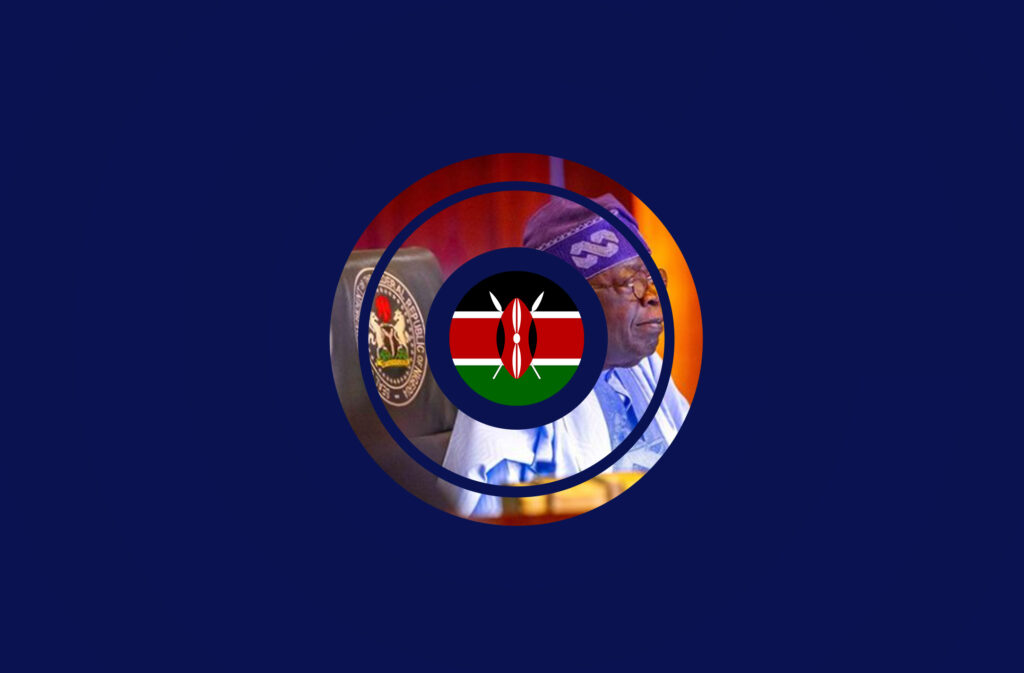
With the deadline for the submission of the 2023 Audited Financial Accounts looming, insurance companies operating in Nigeria are facing significant challenges in aligning with the International Financial Reporting Standard (IFRS) 17. Despite being granted a two-month extension, not a single company has yet received approval for their financial statements.
According to the Chief Financial Officer (CFO) of one of the major insurance firms, the industry is grappling with the complexity of the new reporting standard. “It’s a significant challenge for everyone involved – from the process owners and finance staff within insurance companies to external auditors and actuaries, and even the National Insurance Commission (NAICOM) itself,” the CFO stated.
Traditionally, insurance companies are required to submit their audited financial statements to NGX Limited and the Securities and Exchange Commission (SEC) by March 31st each year. However, due to the impending challenges associated with the adoption of IFRS 17, NAICOM intervened to secure a two-month extension, now set to expire on May 29th, 2024, leaving the industry in a race against time.
The CFO revealed that this year marks a significant transition with the adoption of Internal Control over Financial Reporting (ICFR) and IFRS 9 alongside IFRS 17. “These changes pose considerable hurdles for the industry, preventing any company from securing approval for its 2023 audited financial report thus far,” they added.
The transition to IFRS 17 has not been smooth, with a noted scarcity of consulting actuaries and auditors proficient in the new standard within Nigeria, causing firms to seek expertise from as far as Kenya and South Africa. Moruf Apamapa, CEO of NSIA Insurance Company Limited, highlighted the broad-ranging challenges of the transition, emphasizing the limited resources available domestically. “The transition is complex, requiring expertise beyond simple accounting. The scarcity of actuaries has forced us to look beyond our borders for support,” Apamapa explained.
The industry’s struggle is compounded by the capacity constraints of external audit firms, particularly given the common year-end reporting date of December 31st. Mayowa Adeduro, CEO of Tangerine Insurance, noted the difficulties faced by insurers and reinsurers in meeting regulatory submission requirements, attributing the delays to the challenges of adopting IFRS 17.
Despite these obstacles, regulatory bodies have shown understanding, refraining from imposing sanctions on companies for delayed submissions. Emmanuel Otitolaiye, chairman of the Nigerian Insurers Association (NIA) Accounting Technical Committee, voiced concerns over the industry’s ability to meet the deadline due to the complexities introduced by IFRS 17. “The first-time adoption of IFRS 17 requires more time and resources, impacting the entire reporting chain and potentially delaying financial reporting activities,” Otitolaiye remarked.
As the deadline approaches, the industry collectively navigates these unprecedented challenges, striving to achieve compliance and ensure the timely submission of their financial accounts.
To stay ahead in navigating the complexities of regulatory changes and ensuring your business remains compliant, subscribe to Compliance Tracker. By subscribing to Compliance Tracker, you’ll gain first-hand access to the most current updates on new regulations and changes across Africa. Don’t let regulatory changes catch you off guard. Subscribe here to Compliance Tracker today and be the first to know, ensuring your business operations remain smooth and compliant.
Last modified: May 17, 2024



